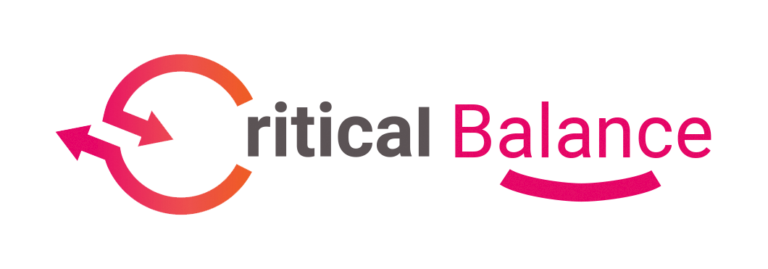
Critical Balance – Newsletter 3
Find out how the piloting of the Critical Balance project went in our newsletter: Critical Balance 3rd NL

Find out how the piloting of the Critical Balance project went in our newsletter: Critical Balance 3rd NL

Here is some more participant feedback form the piloting: I particularly enjoyed the interactive nature of the activity. It was really interesting to collaborate with the others and discuss different perspectives. I also found it exciting how we raised challenging…

Here is some feedback from the piloting participants in Germany: I really loved having the chance to investigate various conspiracy claims related to COVID-19. It was really exciting to think critically and check reliable sources to combat disinformation. I thought…

The Critical Balance Multiplier Event will take place on 30.05.2024 at: Am Leinekanal 4. Göttingen with the following program: 16:00 – 16:10 – Why conspiratorial thinking matters 16:10 – 16:20 – Goals of the Critical Balance Project 16:20 – 16:30…

The piloting activities of the Critical Balance projects are underway. We aim to engage at least 15 young people between the ages of 13 and 29 to test out the activities developed. Participants are free to choose between 6 topics…

Conspiratorial thinking is all about mistrust – distrust in authorities, in mainstream media, in what “most people” think. If you are to help a person escape the rabbit hole, you must take the time to build a level of trust…

The glory days of Antiquity where a single person could aspire to hold the entirety of human knowledge within their own mind are long over. Even the polymaths of the Enlightenment realised the limits of their own abilities and often…

What is the “rabbit hole”? In the words of Mick West: “The phrase comes from Lewis Carroll’s “Alice’s Adventures in Wonderland”. Alice enters the bizarre Wonderland by following a white rabbit down a hole. In recent times a more specific…

Every day we are bombarded with various information. Every day there is an unprecedented battle on social networks for people’s hearts and minds. Part of this information is rooted in reality – facts, data, real events. The other part of…

Trainers from 6 countries gathered for a course in Riga in order to prepare for the upcoming national piloting activities. We’re tackling the 6 chapters of the Critical Balance e-book for youth workers on critical thinking and conspiracy theories, and…

Let us look at some of the errors that regularly occur during thinking – hindsight bias, illusion of transparency, predisposition of approval and bandwagoning. Knowing about these common errors will be the beginning of a journey to “better thinking”, because…

According to studies on the functioning of the human brain, psychology distinguishes between two levels of human brain activity — fast and slow-thinking mind systems. The first level is automatic, fast, emotion- and intuition-based. A second level of thinking requires…

One of the important parts of critical thinking is the awareness that no one is perfectly critical and thinking logically all the time. Anyone can make errors in the process of thinking– unconscious errors that lead to misinterpretation of information…

The latest trend in our media landscape is that AI is taking over much of the textproduction being published on internet blogs and news outlets. Many news outlets are in reality just publishing articles to generate clicks and income from…

An important part of fact checking is to know what you’re reading, and who wrote it and why? In other words you need media literacy. The role of fact checking and verification has changed, professionals are no longer able to…